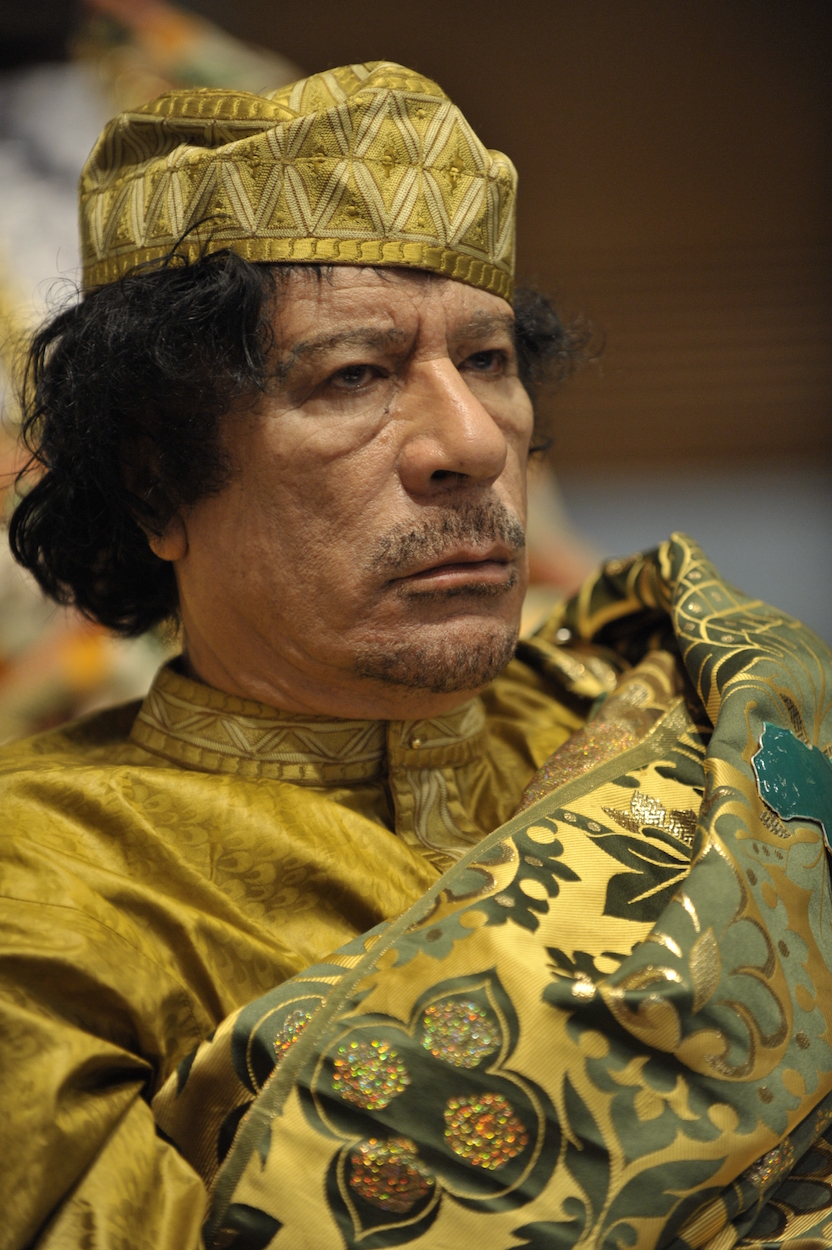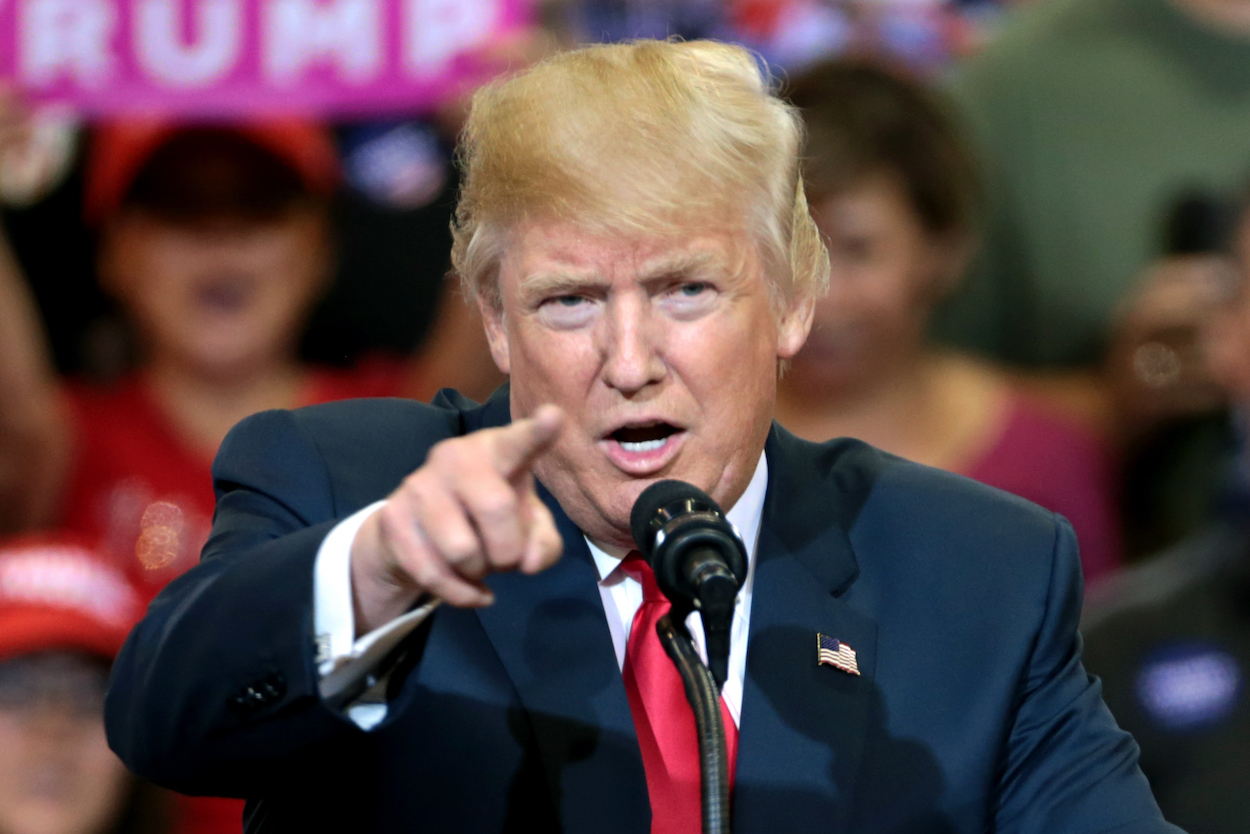by Brian Hioe
語言:
English
Photo Credit: Chatham House/CC
NEWS THAT North Korea has cancelled planned talks with South Korea should be nothing surprising for those skeptical that peace had been achieved on the Korean Peninsula following a meeting between South Korean president Moon Jae-in and North Korean leader Kim Jong-un. Namely, even if the media seized upon the meeting as breaking new historic ground, in reality, similar high-profile meetings had taken place between North Korean and South Korean leaders in the past—all of which were claimed to be historic breakthroughs.
It is now more a question than ever whether a planned meeting between Kim Jong-un and American president Donald Trump originally scheduled to take place in Singapore in June will, in fact, take place. While North Korea previously claimed that it was willing to engage in nuclear disarmament, something that seemed like a breakthrough, North Korea now refuses to enter the meeting if the US unilaterally attempts to force it to relinquish nuclear arms. Back to square one, then?
 Meeting in late April between North Korean leader Kim Jong-un (left) and South Korean president Moon Jae-in (right). Photo credit: Blue House/CC
Meeting in late April between North Korean leader Kim Jong-un (left) and South Korean president Moon Jae-in (right). Photo credit: Blue House/CC
Indeed, it is quite unlikely that North Korea would relinquish its nuclear arms so easily, given that making nuclear threats is one of the otherwise diplomatically isolated North Korean government’s only means to make its voice heard in the international sphere. At the time of such reports by the media, it seemed that escalating threats from the Trump administration suggested that a military invasion of North Korea was not off the table for the Trump administration, hence the sudden reversal by North Korea.
But while the direct cause of the cancellation of the meeting between North Korea and South Korea was joint US-South Korean military exercises, North Korea has also stated quite clearly that its wariness of National Security Advisor John Bolton is why it is now backing away from America. Bolton can be seen as having disrupted any possibility of a peace process with North Korea due to public comments made by Bolton stating that he expected North Korea to follow a Libya-style model of denuclearization. North Korea is probably all too aware that Libya’s leader, Muammar Gaddafi, was killed several years after it gave up its nuclear arms by US-backed rebels.
Such comments were probably made by Bolton with the deliberate aim of sabotaging the possibility of negotiations with North Korea. A noted hawk and neocon who originally rose to public prominence under the Bush administration, Bolton seems to generally distrust negotiations with nuclear powers, with the view that they probably will attempt to deceive the US about whether they have genuinely disarmed. As such, Bolton seems to prefer direct military intervention along the lines of Iraq and Afghanistan as the only guarantee that weapons of mass destruction have been completely eliminated.
 Deceased Libyan leader Muammar Gaddafi. Photo credit: US Navy
Deceased Libyan leader Muammar Gaddafi. Photo credit: US Navy
Bolton was seen as behind the recent US withdrawal from a similar nuclear deal with Iran, news of which no doubt contributed to North Korea’s decision-making process. This occurred despite the fact that Iran was following the terms of the deal. American actions were widely condemned by the international community, seeing as this led Iran to suggest that it could potentially resume its nuclear arms program.
Nonetheless, it has proven a question as to how much say Bolton has with Trump exactly. Given his longtime anti-China animus, Bolton’s appointment led the Trump administration to ramp up rhetoric against China, as observed in recent US-Taiwan defense forums, or diplomatic remarks calling China attempting to force US airlines to refer to Taiwan as part of China “Orwellian nonsense.” However, this did not prevent Trump from suddenly relenting on threats to launch a trade war against China, with promises to pull back sanctions affecting Chinese electronics company ZTE, and to save Chinese jobs in a series of actions widely perceived as a betrayal of past promises.
Bolton seems to have achieved his aim in sabotaging the possibility of talks between North Korea and America. But is it that Bolton has bitten more than he can chew? With North Korea making no secret of that it views Bolton as an impediment to talks with America, Trump must now make a decision as to whether to part with Bolton as National Security Advisor or not. North Korea would seem to be leveraging on existing tensions in the Trump administration between Bolton and other key players in the Trump administration, such as CIA director Mike Pompeo, who met with Kim Jong-un in a preparatory meeting intended to prepare for a Trump-Kim meeting.
 American president Donald Trump. Photo credit: Gage Skidmore/CC
American president Donald Trump. Photo credit: Gage Skidmore/CC
What happens next is hard to say. Perhaps still seeing a meeting with Kim as a diplomatic achievement—South Korean president Moon Jae-in suggested giving Trump the Nobel Peace Prize for his role in indirectly facilitating such talks, for example— it is highly possible Trump may jettison Bolton. Either way, Bolton has been put in a tough spot by North Korea, ironically enough, precisely through an act of high-stakes negotiating tactics which many wrongly attribute to otherwise inscrutable actions by Trump that attempt to vest madness with the veil of reason.

